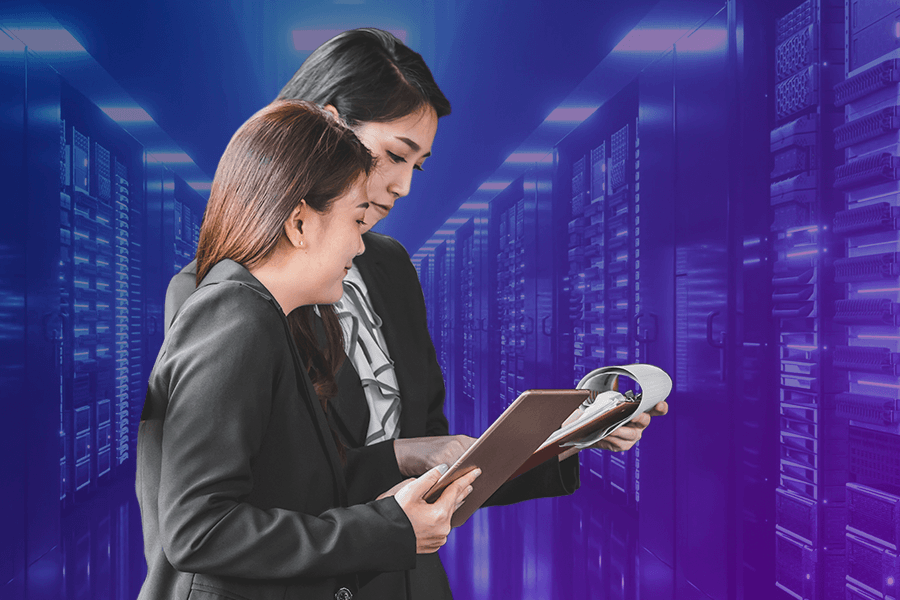23 December 2021
5 Things to Consider When Choosing a Data Center
In a world where data drives everything and interactions mostly occur online, institutions have turned to data centers to manage their operations. Data-driven companies usually have more insights and make better decisions. To secure their data, companies often operate with the support of data centers. It’s also common for conventional companies which need to keep up with current demands by migrating their data to the clouds, making the existence of data centers more important than ever. From better security to higher efficiency, data centers simply offer a lot of benefits for companies.
With that said, choosing a data center for your company may be a difficult task. As of September 2021, Data Centre Magazine recorded that there are 7.2 million data centers worldwide. In Indonesia alone, the value of data centers is forecasted by Mordor Intelligence to experience a 12.95% CAGR growth over the next 5 years, due to increasing demands. Growing demands for data centers means that companies will have more options of data centers in the near future. However, not all data centers are reliable or suitable for your company. Here are some aspects to consider when choosing a data center.
Reliability
This one goes without saying. The first thing to keep in mind when choosing a data center is whether the data center is reliable enough to support your institution. An easy way to check a data center’s reliability is by simply checking their reputability. What have their clients said about them? What kind of clients has the data center handled? Are there any issues posted online? Which company manages the data center? Googling these pieces of information before working with a data center can give you some sense about how reliable the data center is.
Location
The location of a data center matters a lot. If you want a stable and efficient connection, the data center should be located in a good environment. Data centers with closer proximity to users will also result in a faster connection. In cases of emergency, a data center located in a good place can also have a much quicker disaster recovery and backup. Given that data centers require a lot of power, the location of the data center will also determine the cost it takes to run these data centers, which will also influence your overall operating cost. If you opt for colocation, these aspects should also be kept in mind.
Tech Support Availability
If you want to be less anxious about your data, you might want to consider choosing a data center with a 24/7 tech support. Running a business which accommodates massive amounts of data in the digital age can be scary, as cybersecurity threats always lurk in the corner. Other challenges such as the demand for performance monitoring and plummeting efficiency can also arise when storing your data in data centers. This is where tech support comes in handy. A data center with round-the-clock tech support will be ready to support you in dealing with these challenges.
Flexibility and Scalability
Flexibility and scalability are important in managing business operations, and these two qualities should also be considered when choosing a data center. If things run well, your business will keep on expanding, and so will the amount of data you acquire and the necessities for managing the data. Therefore, you need to measure how much the data center can keep up with the dynamics that occur during your business operation. In brief, think ahead. Make sure that the data center is capable of supporting your business expansion.
Safety Protocols
Last but not least, there needs to be considerations about the data center’s safety protocols. It’s always wise to do your due diligence about how the data center ensures safety, not only in terms of cybersecurity, but also in terms of physical safety. Physical dangers such as fire can arise in any space with a lot of electricity, and as inadequate or poorly maintained servers can overheat, the risk of fire immediately increases. A good data center should have fire suppression systems installed, and the layout of their equipment should prevent hazards from spreading quickly.
Is this information helpful?
